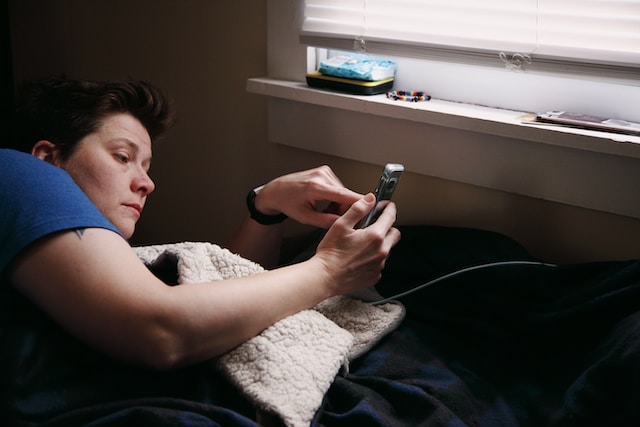Erectile dysfunction (ED) affects men, of course. But its effect is much broader than that. For example, if a man with ED is in a relationship, it can have a huge impact on his partner. Let’s face it, when one partner has sexual problems, the fallout turns into a couple’s issue. In the case of ED, the man can struggle with shame, anger, low self-esteem, guilt, and more.
However, if a problem can affect a couple, the solution can arise when both partners cooperate and commit. Erectile dysfunction is almost always a treatable issue. What matters just as much is how the two of you combine to handle the emotional component.
What is Erectile Dysfunction?
ED is a very common condition — impacting at least 30 million U.S. men (including younger men) alone. It occurs when a man is unable to attain or maintain an erection. A few different variations of this can fall under the umbrella term of erectile dysfunction, e.g.
- You may not get an erection at all
- An erection happens but doesn’t last long enough
- You may not be able to get an erection every time
- You get an erection but intercourse is not satisfying
Studies find that 4 out of 10 men experience ED by the time they turn 40. As they age, incidence typically increases. ED can be caused for physical or psychological reasons — or a combination of both. The underlying reasons for this can possibly be found in factors ranging from clogged arteries to stress, from high blood pressure to anxiety.
ED and Relationships
As discussed above, ED has the potential to wreak havoc on a relationship. Outcomes can involve any or all of the following:
- Drastic decrease in sexual activity or perhaps a full cessation
- Loss of intimacy
- Your partner wondering if they’re doing something wrong or are no longer attractive
- Frustration, tension, conflict, and resentment
- Loss of healthy communication
Of course, it doesn’t have to be this way.
How to Cope With Erectile Dysfunction
Communicate
As awkward as it might feel, open discussion is the path. Talk about what’s happening, how it makes you feel, and what you can do together to create change. Don’t allow fears to fester in silence. Start a dialogue to reassure each other and to learn more. Ideally, begin this communication process when fully dressed — outside the bedroom. Lower the stakes, to begin with.
 Experiment With Many Forms of Intimacy
Experiment With Many Forms of Intimacy
Once the lines of communication are open, you can talk more openly about sexual needs and desires. If intercourse is temporarily not an option, there are countless other ways to express your love and your lust. ED does not have to mean the end of sex. Keep the passion alive in any way that feels good for both partners.
Work as a Team to Discover Solutions
Learn about ED, its causes, and its treatment options. Research shows that couples who work together on this issue have the best treatment results. If possible (and desired), go with him to his doctor’s appointments. Remind him that this is a very common issue and that you understand it’s not about you. Also, commit together to healthy lifestyle changes that can help both of you while complementing the ED treatment.
You Don’t Have to Go It Alone
It’s understandable that you might not talk openly about ED. But committing together to couples therapy is a proven path toward healing. In a therapy setting, you can work together to identify underlying problems while feeling safe to talk about personal concerns and fears. Connecting with an experienced and unbiased guide is precisely the right choice for this journey.
Reach out to learn more about couples or sex therapy.




